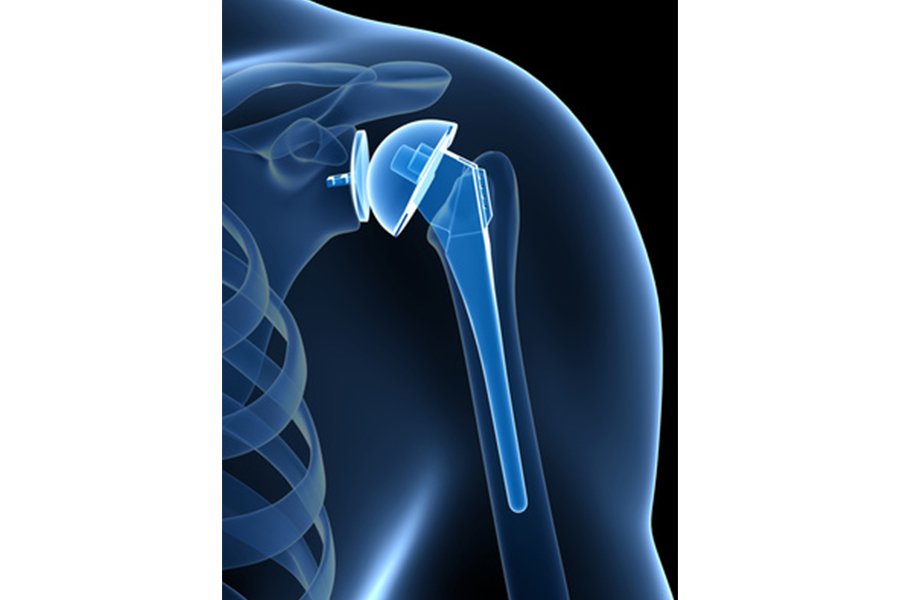- +91 7012749886
- [email protected]

Shoulder replacement, also known as shoulder arthroplasty, is a surgical procedure in which a damaged or diseased shoulder joint is replaced with an artificial joint or prosthesis. This procedure is typically performed to relieve pain and improve the function of the shoulder joint when other non-surgical treatments have failed to provide adequate relief.
The most common reasons for shoulder replacement surgery include
There are different types of shoulder replacement surgeries, including:
The goal of shoulder replacement surgery is to reduce pain, improve shoulder function, and enhance the patient's overall quality of life. Recovery and rehabilitation are essential aspects of the process, and patients typically work with physical therapists to regain strength and range of motion in the shoulder.
As with any surgical procedure, shoulder replacement surgery carries risks and potential complications, and it may not be suitable for everyone. It's important for patients to discuss the benefits, risks, and alternatives with us and to carefully consider the recommendations based on their individual medical history and condition.
Dr Vishnu Unnithan underwent extensive training in shoulder replacement in India and abroad and has many happy and satisfied patients who underwent this procedure by him, who can vouch for this successful treatment modality.
The success of a shoulder replacement depends on various factors, including the patient's overall health, adherence to post-operative rehabilitation, and the skill and experience of the surgeon. It is essential for individuals considering shoulder replacement to have a thorough evaluation and consultation with our specialist team to determine if the procedure is appropriate for them.